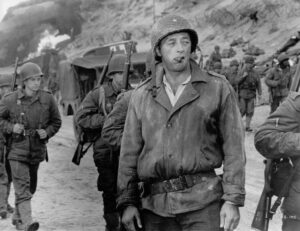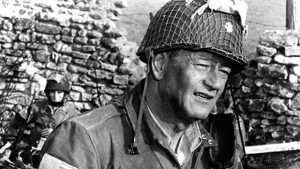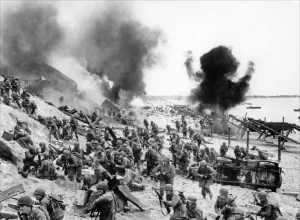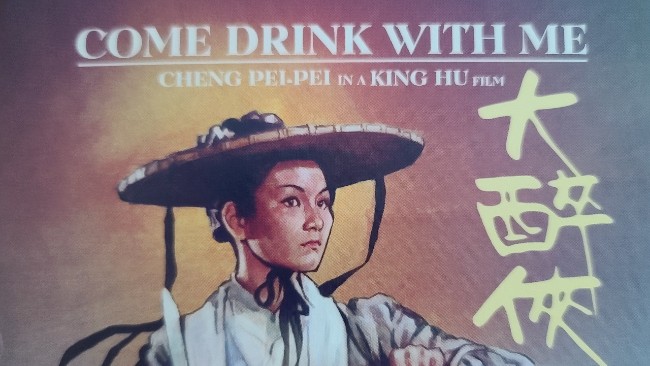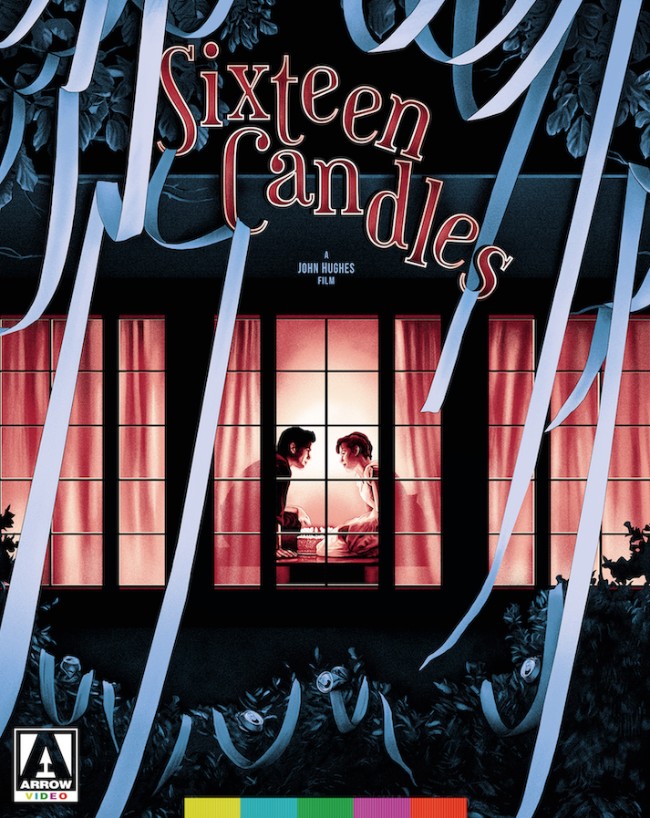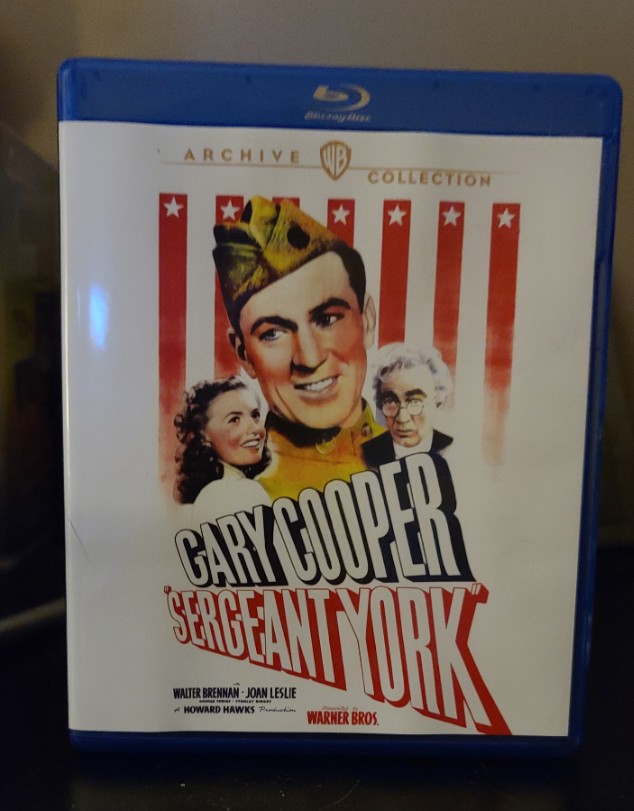Best Picture This: The 1963 Academy Awards- The Longest Day
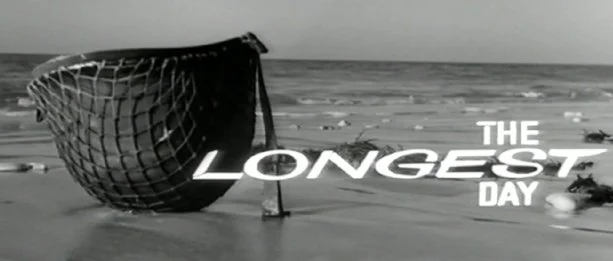
We’re back and ready to Keep those Best Picture nominees or Kick them from there Oscar pedestal. First out the gate is 1962’s The Longest Day.
The Longest Day
It’s that time again. We’re rolling back time and heading to the 1963 Academy Awards to take a look at the Best Picture nominations from 1962. The nominees for Best Picture were:
To Kill A Mockingbird
Lawrence of Arabia
Meredith Willson’s The Music Man
Mutiny on the Bounty
and today’s article, The Longest Day.
History At A Glance
January 3rd, the first US Troops land in Vietnam as “consultants.” Seven days later Air Force aircraft start using Agent Orange on highways and other high vegetations areas. It’s a secret the White House was hoping would never get out to the public.
The United States and Russia come the closest to nuclear war it has ever been before or since. The Cuban Missile Crisis had the entire population on edge.
The Film
Films about World War II have been released since even before World War II was over. Heavy hitters like John Ford, Frank Capra, William Wyler, and John Huston were “drafted” to make movies about World War II as it was happening to drum up support on the homefront.
When World War II came to an end the floodgates opened on films set during the war. Back to Baatan, Objective, Burma!, and They Were Expendable are examples of early releases by the United States. Some were social commentary films like The Best Years of Our Lives. Others, like The Stranger, we’re spy movies revolving around espionage and routing out moles. Of course, most were action movies.
The Longest Day is of the latter kind. Set before the D-Day, the movie follows four different commanders as the prepare for the landing on the beaches of France. Each day brings a new delay, mainly from the bad weather the area was experiencing, until Eisenhower gives the word to go.
The Farley Award
Our first time readers may not be familiar with The Farley Award. The Farley Award goes to the best scene in a movie. Sometimes we stretch the rules and choose two scenes, but they have to be the best scenes. The winner of The Farley Award for The Longest Day goes to the clicker.
What’s the clicker, you may ask? The clicker, in the words of John Wayne’s Lt. Col. Benjamin Vandervoort, is “a child’s toy.” If you’ve seen Sleepers it’s what the boys used in church to make the girls repeatedly stand and kneel causing havoc in the pews. Usually it’s made of wood and squeezing the back of it causes a clicking noise. In The Longest Day, Vandervoort issues them to his paratroopers. If they get separated from each other and hear noises they’re supposed to click once. A friendly response is returned with two clicks.
Simple enough idea, except when it doesn’t go according to plan. A paratrooper trying to connect with his unit that’s been scattered far from the landing zone hears something. He clicks once and hears what he thinks is two clicks. Once he reveals himself he’s shot dead by a German soldier. What were the two clicks he heard? It was the German soldier unjamming his rifle. As a side note, the sound of a clicker and the sound of someone unjamming a rifle do not sound remotely alike.
The Golden Take
Credit has to be given to the three directors of the film, which may be why no director was nominated for the movie, putting together a movie with many moving parts and elements. Today we throw laurels at directors like Christoper Nolan or Denis Villeneuve thinking they did everything on their by themselves. That is simply not the case. Second and third unit directors do a lot of the heavy hitting getting a movie finished. In The Longest Day, each director had their “war zone.”
Bringing all this madness and film together was editor Samuel E. Beetley. Beetley was nominated for, but did not win, Best Editor. It was a worthy nomination. Once you’ve seen the film you’ll see how he seamlessly transfers from the American soldiers landing on Omaha Beach to the Germans command offices.
The interesting thing about The Longest Day is the languages spoken in the movie. Today English actors play Americans, Americans play English characters. German characters speak English, usually by English or American actors. Not in The Longest Day. German actors are playing German characters, French play French, Americans playing Americans, and English playing English characters. It’s refreshing to hear compared to today’s movies.
The real Golden Take though is how much of the movie is war propaganda that wasn’t needed. World War II had been over for almost seventeen years. Unlike many of the wars the United States would be embroiled in for decades to come, World War II was a “popular” war. It was also released close enough to the end of the war that the events depicted in the movie would have still been fresh in audience’s memories, including veterans of the war. The pro war stance of the movie blemishes an overall solid movie.
KEEP IT OR KICK IT
The night is young and there are other Best Picture nominees waiting in the wing. Plus, there’s other movies floating out there in 1962 that deserve to be watched. For now, The Longest Night is a keeper, but that all may change as we wind our way down the red carpet.

